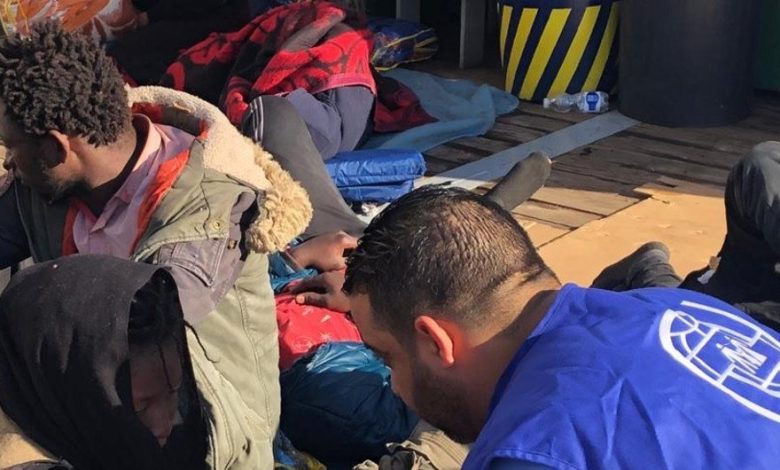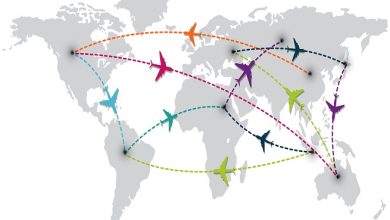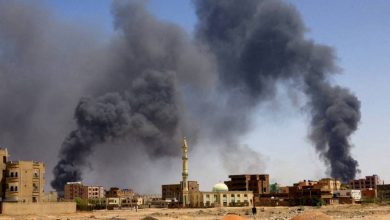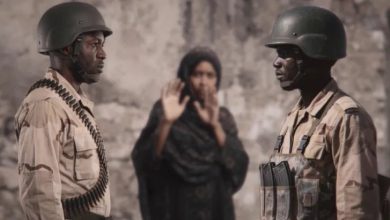Refugees, Migrants Face Violence and Death on Routes Across Africa

UN
Refugees and migrants continue to face extreme forms of violence, exploitation and death on sea and on land across Africa as they move through the continent.
“Regardless of their status, migrants, refugees, seem to face serious human rights violations and abuse along the route, we cannot lose our capacity to get outraged by this level of violence,” said Vincent Cochetel, UNHCR Special Envoy for the Western and Central Mediterranean.
More people are estimated to cross the Sahara Desert than the Mediterranean Sea and deaths of refugees and migrants in the desert are presumed to be double those at sea. The report – “On this journey, no-one cares if you live or die” – spans a three-year data collection period and warns of an increase in the number of people attempting these perilous land crossings.
Highlighting that the central Mediterranean migration route continues to be among the deadliest in the world, IOM Director of the Coordination Office for the Mediterranean Laurence Hart noted that “a very high number of people” still take the risk of embarking on “very dangerous journeys. Obviously, there’s a lot of people do not choose to move, but they are pushed because of … political conflict, instability.”
So-called push factors on the migration route include the deteriorating situation in countries of origin and host countries – such as new conflicts in the Sahel and Sudan – the devastating impact of climate change and disasters on new and protracted emergencies in the East and Horn of Africa, as well as racism and xenophobia towards refugees and migrants.
Huge gaps in protection and assistance prevail across the Central Mediterranean route, pushing refugees and migrants to move onward on dangerous journeys, the report notes.
“Just last week, we heard that 5,000 people died on the Atlantic route to the Canary Islands in the first five months of this year – that’s an increase of 700 per cent compared to the same period last year,” said Bram Frouws, Director of MMC.
“We also know even though we don’t have fully accurate numbers, and indeed it is an underestimation that countless others die on the land routes, up to the Mediterranean coast, possibly even more than at sea.”
Despite commitments undertaken by the international community to save lives and address vulnerabilities, the report’s authors warned that current efforts to hold all those accountable for the abuse and dangers that migrants and refugees suffer are inadequate.
Criminal groups and traffickers are often responsible for terrible abuses, Mr. Frouws said, but “State officials, like police, military and border guards” also played a role. “But whoever they are, whichever category, they should be held accountable. But at the moment, much of this is happening in a situation of near complete impunity.”
The report noted that smuggling routes are shifting towards more remote areas to avoid active conflict zones or border controls by State and non-State actors, subjecting people on the move to even greater risks.
The kinds of abuse reported include torture, physical violence, arbitrary detention, death, kidnapping for ransom, sexual violence and exploitation, enslavement, human trafficking, forced labour, organ removal, robbery, arbitrary detention, collective expulsions and refoulement.



